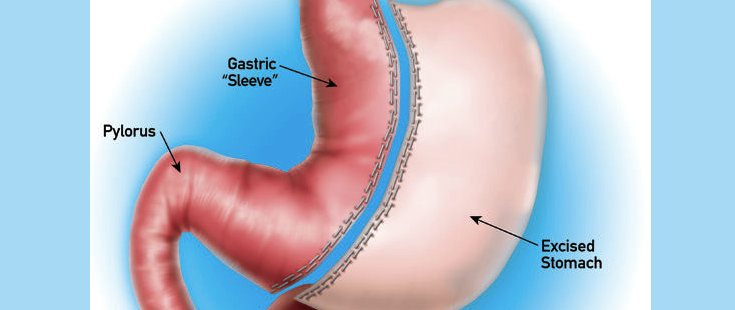Obesity has been shown to be a risk factor for several health conditions and diseases, including certain cancers. While a recent report on cancer from the American Cancer Society showed that overall cancer rates are decreasing, the prevalence of cancers of the pancreas, liver, thyroid and kidney were shown to be increasing. Most of these cancers have been shown to be significantly associated with obesity. Additionally, an increased risk of colorectal cancer is associated with higher body mass index (BMI). In men, obesity is strongly associated with higher risk of colorectal cancer and fat distribution seems to be an important factor, with abdominal obesity showing the strongest association. There is also an association between BMI and colon cancer risk in women. Some experts hypothesize that high levels of insulin or insulin-related growth factors in obese people may promote colon cancer development.
With today’s obesity epidemic, the association between excess weight and colorectal and other cancers is especially worrisome. But, research is focused on finding and addressing the mechanisms underlying obesity: just this month research found that defects in the protein GPR120, which functions as a dietary fat sensor, may be an underlying cause of obesity, as well as liver disease. The study’s findings were published in the journal Nature and highlight the protein as a promising target for new drugs to treat obesity, liver diseases, and metabolic disorders. The study found that a particular mutation that renders the protein dysfunctional raises the risk of obesity by as much as 60 percent. When this dysfunction is fueled by a high-fat diet, it greatly increases the likelihood of collecting dangerous fat around the organs.
At the Bariatric Institute of Greater Chicago, we understand that it takes more than fad diets, pills, or books to successfully lose weight and keep it off. It requires a life-long partnership between our patients and our practice. We are devoted to providing continued personalized attention to help our clients reach their weight-loss goals. You can read more about our programs and services here or sign up for a free educational seminar.







Leave A Comment